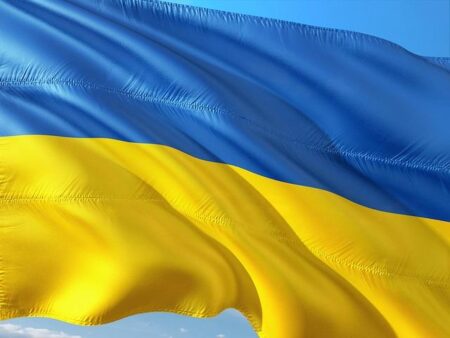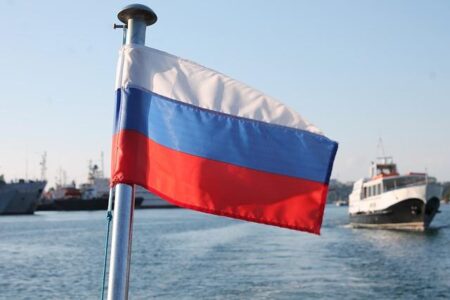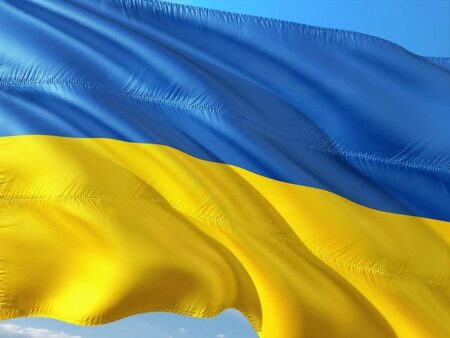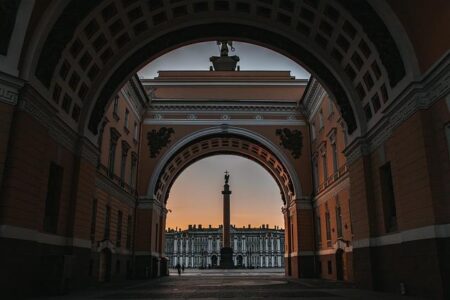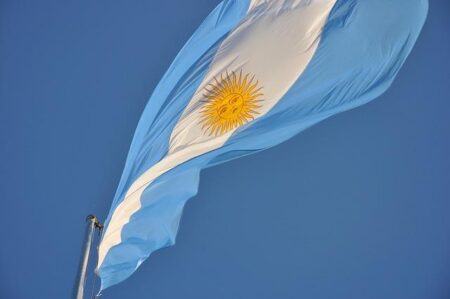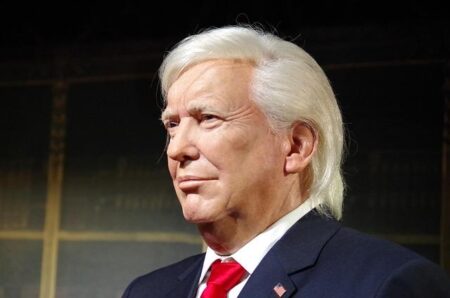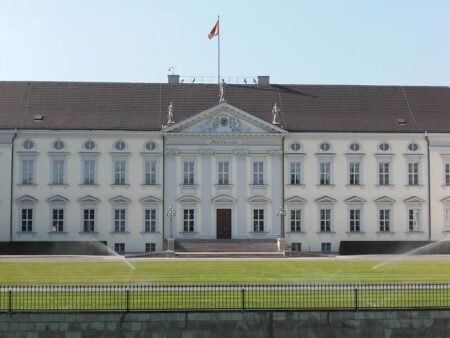The US has celebrated recent Ukraine talks as a major breakthrough in the ongoing conflict. Meanwhile, billionaire investor Steve Witkoff is making his way to Russia, signaling potential private-sector initiatives as diplomatic efforts pick up steam
Browsing: Diplomacy
The United Kingdom continues to lead the charge within the Organization for Security and Co-operation in Europe (OSCE), passionately promoting regional stability, championing human rights, and spearheading vital initiatives to prevent conflicts across Europe and beyond
A devastating Russian strike in Ukraine has claimed six lives, striking just as Kyiv envoys arrive in the US for crucial, high-stakes negotiations. This tragic event underscores the escalating tensions amid urgent diplomatic efforts to end the conflict, Al Jazeera reports
Senators Marco Rubio and Steve Witkoff are preparing to meet with Ukraine’s negotiators in Florida, stepping into pivotal discussions about the ongoing conflict and exploring new ways to strengthen support. This meeting seeks to enhance diplomatic relations as the war rages on, according to France 24
Ukraine and Russia continued their intense clashes as U.S. and Ukrainian diplomats met in Florida, determined to ignite fresh hope for peace. These pivotal talks seek to revive stalled negotiations amid ongoing conflict and escalating tensions
The appointment of Trump’s new envoy, Driscoll, signals a crucial turning point in US-Ukraine relations. With tensions still simmering, everyone is eager to see his game plan-will he focus on diplomacy, boost aid, or reshape strategic support? The world is watching intently to see which direction he will take
The UK is boldly redefining its foreign policy, striving to assert greater independence from the US amid shifting global dynamics. This move underscores London’s determination to expand its alliances and champion a unique strategic vision, experts at the Chicago Council on Global Affairs reveal
Russian President Vladimir Putin has declared he is prepared to provide a written guarantee that Russia will not launch an attack on Europe, aiming to ease the mounting tensions, Al Jazeera reports. This bold move comes as geopolitical strains continue to escalate rapidly
China has urged the UK to strongly reaffirm its commitment to the “One-China” principle, as tensions over Taiwan reach new heights. Beijing emphasizes that honoring its sovereignty claims is more important now than ever before
The Economist firmly argues that Russia should never receive amnesty in any peace agreement for Ukraine, warning that granting immunity would undermine justice and fuel further aggression. Genuine and lasting peace can only be achieved by holding those responsible accountable
Secretary Rubio is embarking on an exciting diplomatic journey to Israel, Qatar, and the United Kingdom, with a mission to strengthen alliances, confront regional security challenges directly, and expand economic partnerships, the U.S. Department of State announced
Hungarian Prime Minister Viktor Orbán met with Russian President Vladimir Putin in Moscow amid ongoing tensions over Ukraine. Their discussions zeroed in on energy and regional security, spotlighting Hungary’s pivotal role on the international stage
Argentina has officially thrown its weight behind Rafael Grossi’s bid for UN secretary-general, Buenos Aires Times reports. This bold endorsement highlights Buenos Aires’ unwavering confidence in Grossi’s visionary leadership on the world’s most pressing nuclear challenges
Former President Trump is calling for a new round of talks between Russia and Ukraine, championing a bold, revamped peace plan aimed at finally ending the ongoing conflict, according to a USA Today report
The U.S. and Russia united in the UAE following a breakthrough “understanding” with Ukraine, marking a rare and pivotal moment in diplomacy amid ongoing tensions. These talks aimed to ease the conflict and explore fresh avenues for de-escalation
The Kremlin announced on Monday that it remains “premature” to discuss a peace deal with Ukraine, as complex negotiations drag on amid the ongoing conflict, CBS News reports. A quick resolution still feels far from reach
A new article on War on the Rocks unveils an ambitious 15-point plan aimed at forging a lasting peace between Ukraine and Russia. This comprehensive proposal champions the strength of diplomacy, solid security guarantees, and a carefully crafted step-by-step strategy to end the conflict and rebuild stability
Senior Trump officials have reportedly targeted Sergio Gor, the newly appointed U.S. ambassador to India, delivering sharp critiques of his diplomatic approach. These pointed comments highlight growing tensions within the GOP over crucial foreign policy appointments
Argentina has officially nominated Rafael Grossi, the dynamic leader of the IAEA, as their candidate for United Nations Secretary-General, taking a bold leap in the race to helm this powerful global institution. This thrilling update was reported by RBC-Ukraine
In a recent speech, Der Bundespräsident passionately celebrated the unbreakable bond among dedicated Europeans, highlighting unity and shared values as the powerful foundations driving Europe’s future forward

